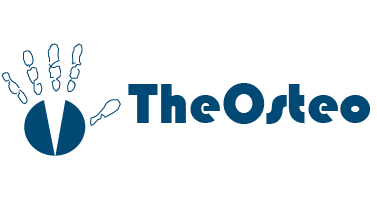31 Mar Shoulder or Chest Pain?… Could be your Collar Bone
The Clavicle aka the Collar Bone
With only a length of about 15cm you will be surprised to know the clavicle is classified as a long bone, but make no mistake about it this bone plays a key role in shoulder movement and upper body support. On the flip side, for people suffering with shoulder or chest pain, this joint may also be a key factor. So let us have a look in more detail.
Clavicle anatomy
- The clavicle connects to the sternum and scapular (shoulder blade)
- The joint connecting the clavicle to the sternum is called the Sternoclavicular joint
- The joint connecting the clavicle to the scapular is called the Acromioclavicular joint
- It is the last bone in the body to fully form.
- It is one of the most commonly fractured bones in the body
- It acts a strut between the sternum (chest bone) and scapular providing support to the upper limbs whilst maintaining full range of motion
- It acts as a barrier protecting vital blood vessels and nerves around the front of the lower neck region
Clavicle and chest pain
Pain around the area where your collar bone meets your chest bone may be due to something being wrong with your sternoclavicular joint.
Injuries can include: joint sprain, joint degeneration, mild or severe joint displacement.
Signs and Symptoms are:
- dull or chronic ache close to the chest bone,
- reluctance to move shoulder
- visible lump or difference at the Sternoclavicular joint compared to opposite side
Confirmation is visibly seen with an x-ray or MRI
Clavicle and shoulder pain
Pain around the area where your collar bone meets your shoulder blade, may be due to something being wrong with your acromioclavicular joint.
Injuries can include: joint degeneration, mild or severe joint displacement.
Signs and Symptoms are:
- dull or chronic ache at the top of the shoulder
- pain when patient raises arm forward and up to ceiling.
- visible lump, bump or swelling on top shoulder compared to opposite side
Confirmation is visibly seen with an x-ray or MRI
Patients will often where a sling to help support the shoulder when the clavicle is injured.
Treatment
Whilst collar bone injuries can be quite uncomfortable for patients, manual therapy such as physio and Osteopathy can be very effective at providing relief and restoring proper function.
So if you think your pain may be due to your clavicles why not contact us and see if we can help you?

No Comments